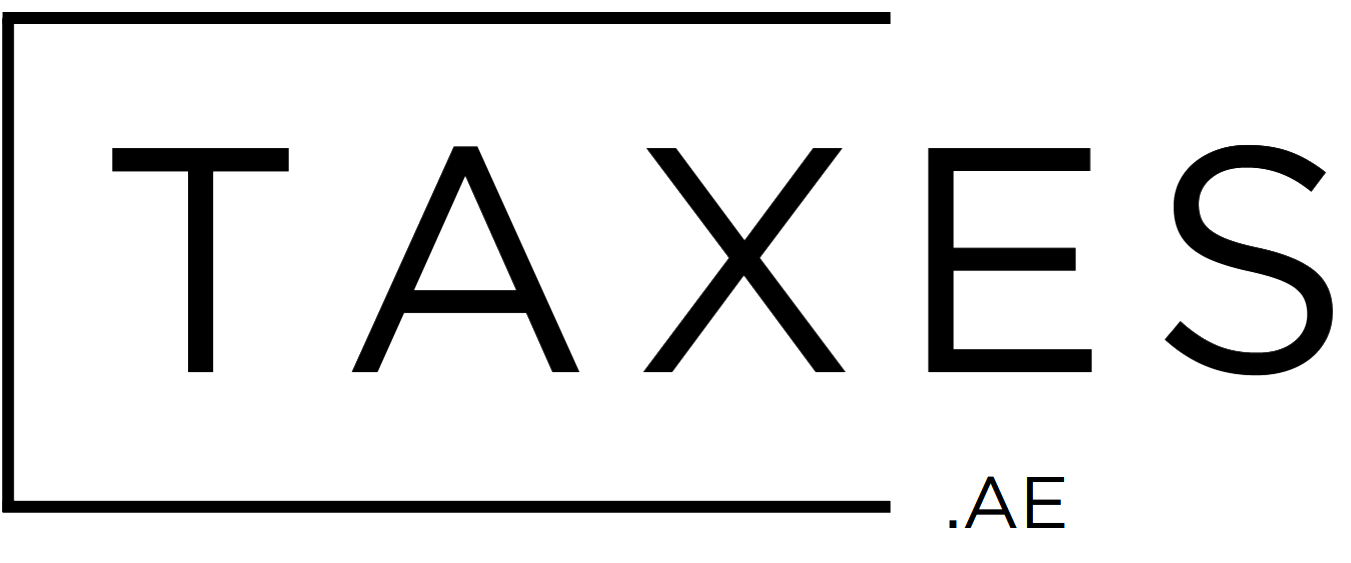What is VAT and how does it affect businesses?
Value Added Tax (VAT) is an indirect tax introduced in the UAE on January 1, 2018, at a standard rate of 5%. It applies to most goods and services throughout the supply chain.
Consumers bear the ultimate cost of VAT, however businesses play a key role in collecting and remitting this tax on behalf of the government.
For businesses, VAT introduces additional responsibilities, but it also provides improves transparency and financial management for organisations operating in UAE. It also contributes to the UAE’s economic development.
Registration requirements

Businesses operating in the UAE must determine whether they need to register for VAT with the UAE’s legal tax authority, the Federal Tax Authority (FTA).
Mandatory Registration
- Annual taxable supplies exceeding AED 375,000 require VAT registration.
Voluntary Registration:
- Businesses with taxable supplies or expenses above AED 187,500 can register voluntarily. This option is often beneficial for startups with high initial expenses.
Example: A new marketing firm incurs AED 200,000 in business expenses. Although their revenue is below AED 375,000, they can voluntarily register for VAT to reclaim the tax on their expenses.
Responsibilities of VAT-Registered Businesses
Once registered, businesses must:
- Charge VAT: Add 5% VAT to all taxable goods and services.
- File VAT Returns: Submit VAT returns regularly (usually every 3 months) to the Federal Tax Authority (FTA).
- Keep Accurate Records: Maintain detailed financial records to ensure compliance.
Example: A retailer sells products worth AED 50,000 in a quarter and pays AED 25,000 to suppliers. They charge AED 2,500 in VAT to customers and pay AED 1,250 in VAT to suppliers.
The retailer owes the FTA the difference, AED 1,250.
Input VAT vs Output VAT
Input VAT: The tax a business pays on purchases or expenses.
Output VAT: The tax a business collects from customers on sales.
Businesses can reclaim input VAT, provided it relates to taxable supplies. However, if the expense relates to exempt supplies (e.g., residential rent), the input VAT cannot be reclaimed.
Example: A logistics company buys fuel for AED 10,000 (including AED 500 VAT). They can reclaim the AED 500 as input VAT when filing their returns.
What happens if a business doesn’t comply?
Failure to meet VAT obligations can result in significant penalties, including:
- Fines for late registration or filing.
- Additional charges for inaccurate or incomplete records.
FTA conducts periodic audits to ensure tax and returns are correctly prepared. Businesses should be prepared to submit a detailed breakdown of business transactions.
Tip: Businesses should ensure compliance by setting up robust accounting systems and regularly reviewing their VAT submissions. If you are a small business, aim to embed VAT reporting into your operational procedures and set reminders for deadlines.
Special cases: Real estate and exports
- Real Estate:
- VAT is charged at 5% on commercial property transactions.
- Residential properties are exempt, except for the first sale of newly constructed properties, which is zero-rated.
- Exports:
- Goods and services exported outside the GCC are generally zero-rated, ensuring businesses remain competitive in global markets.
How to stay compliant with VAT
- Use Accounting Software: Invest in VAT-compliant software to manage records and calculate VAT accurately.
- Consult Professionals: Seek advice from tax consultants or accountants experienced in UAE VAT regulations.
- Stay Updated: Regularly check the FTA website for updates on VAT rules and requirements.
Browse our website for more advice and resources related to managing tax as a business in UAE.



